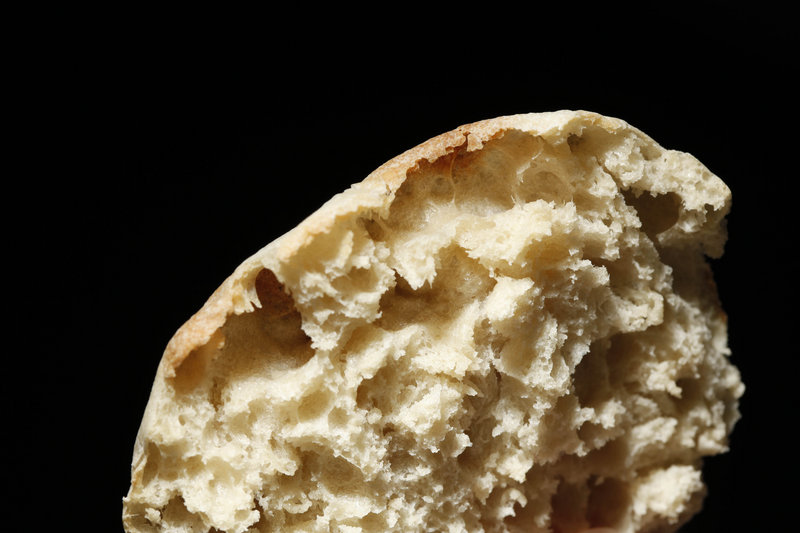PHILADELPHIA — A former food-industry executive armed with the secret to the “nooks and crannies” in Thomas’ English muffins displayed “suspicious conduct” before his planned move to rival Hostess, a U.S. appeals court said in upholding a ban on the move.
Chris Botticella of Trabuco Canyon, Calif., remains barred from starting the Hostess job while a trade-secret lawsuit filed by Thomas’ parent company, Bimbo Bakeries USA, plays out.
Botticella is one of just seven people worldwide who know the recipe and manufacturing process that give Thomas’ English muffins their trademark “nooks and crannies,” according to Bimbo.
“A number of the files accessed from Botticella’s laptop during his final days at Bimbo were highly sensitive and their possession by a competitor would have been damaging to Bimbo,” Sr. 3rd U.S. Circuit Judge Morton I. Greenberg wrote this week, upholding a lower-court decision.
Courts must balance a company’s right to guard trade secrets against an employee’s right to switch jobs, the 3rd Circuit said.
The three-judge panel agreed with a lower-court judge that Botticella, who declined to testify at the preliminary injunction hearing, should be banned from Hostess temporarily.
The case now goes back to U.S. District Judge R. Barclay Surrick for further findings.
Forensic tests run on Botticella’s computer show he accessed cost-cutting strategies, product launch dates, planned plant and line closures, labor contract information and other strategic information after accepting the Hostess job in late 2009.
Botticella was vice president of Bimbo’s operations in the western U.S., earning $250,000 a year. He said he’d grown frustrated by the job, so agreed to a Houston-based job with Hostess that paid $200,000 plus bonuses. But he told Bimbo he was retiring and stayed on for several months.
In court papers, Botticella said he wanted to finish out the year so he could get his 2009 bonus.
Trade-secret laws vary widely by state. In the Bimbo case, attorneys are debating whether a leak must be “inevitable” or merely “probable” before judges in Pennsylvania can stop someone from taking a new job.
Send questions/comments to the editors.



Success. Please wait for the page to reload. If the page does not reload within 5 seconds, please refresh the page.
Enter your email and password to access comments.
Hi, to comment on stories you must . This profile is in addition to your subscription and website login.
Already have a commenting profile? .
Invalid username/password.
Please check your email to confirm and complete your registration.
Only subscribers are eligible to post comments. Please subscribe or login first for digital access. Here’s why.
Use the form below to reset your password. When you've submitted your account email, we will send an email with a reset code.